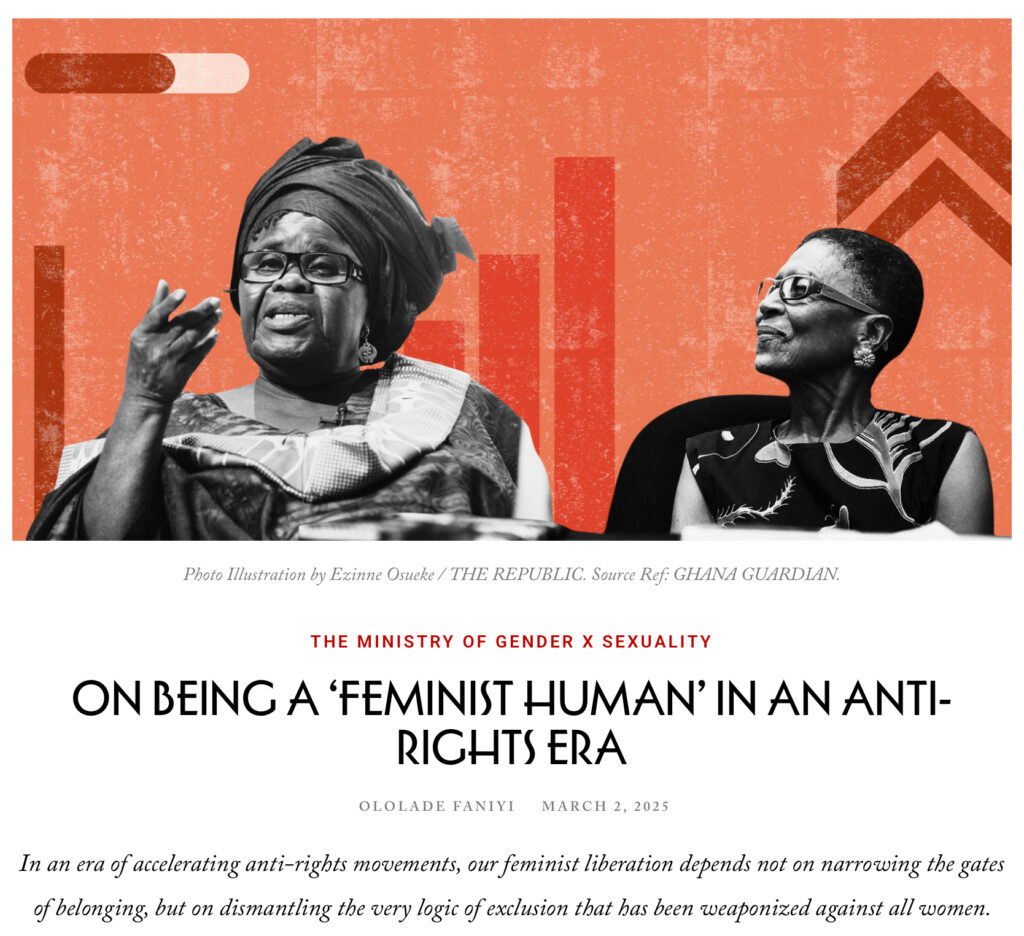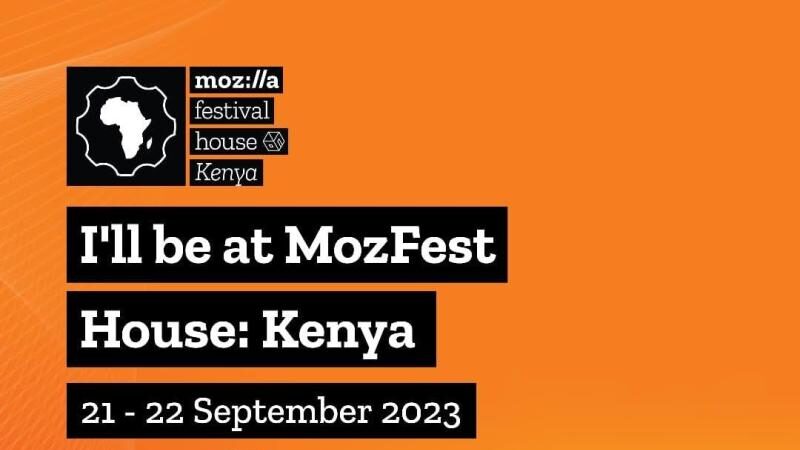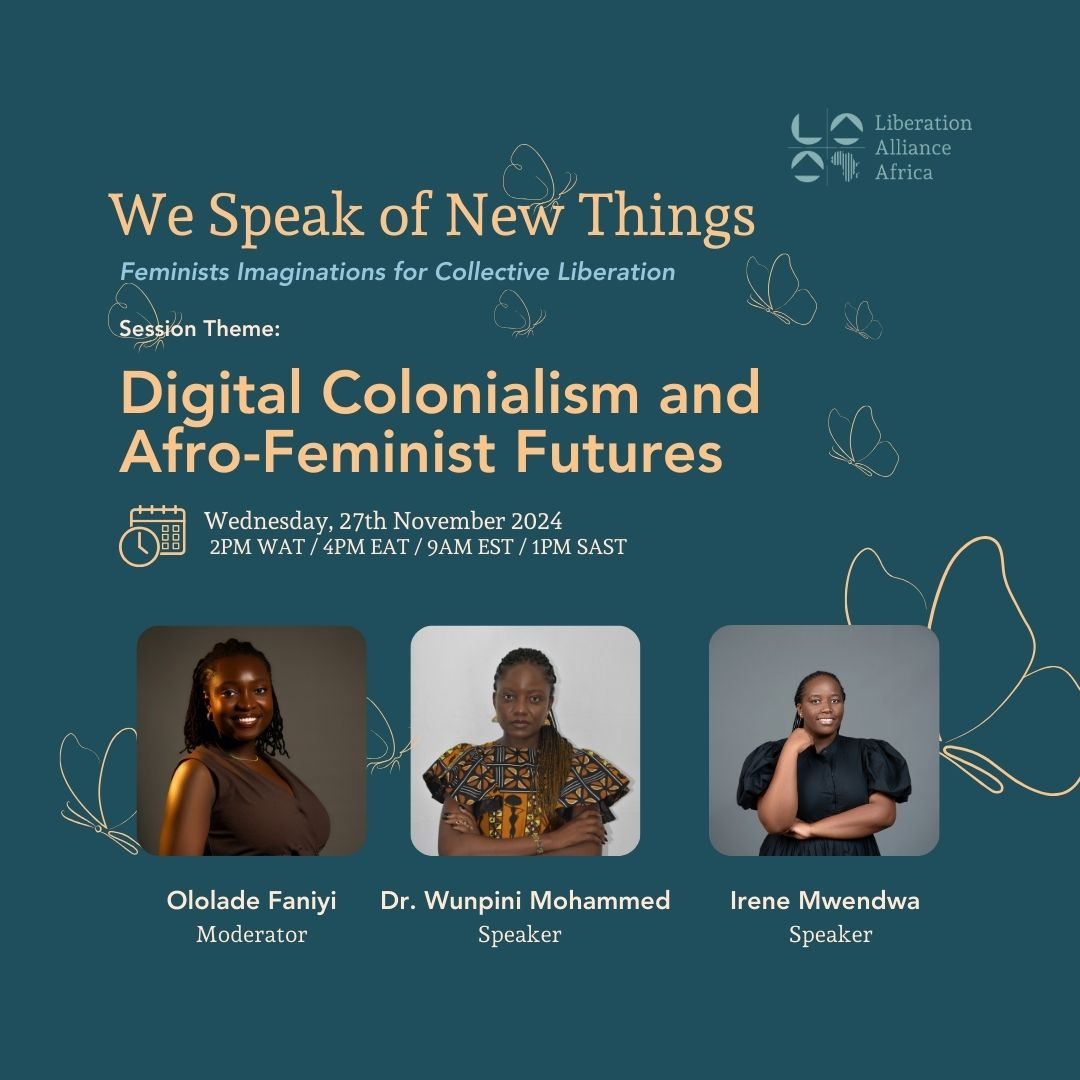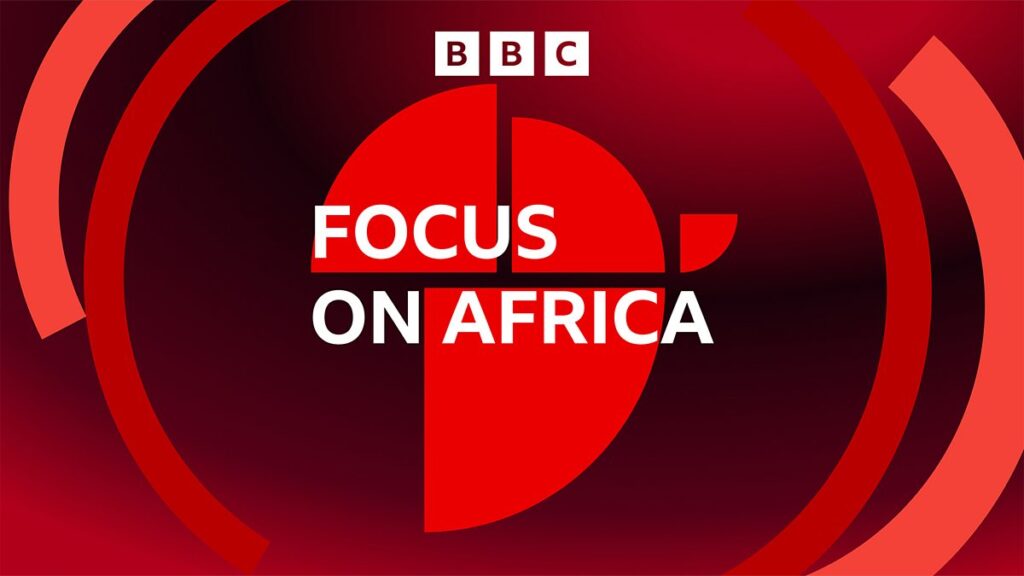 In honor of International Women’s Day and Women’s History Month, I wrote this article for The Republic exploring how African feminist thought invites us to question what it means to be a “feminist human” in an anti-rights era.
In honor of International Women’s Day and Women’s History Month, I wrote this article for The Republic exploring how African feminist thought invites us to question what it means to be a “feminist human” in an anti-rights era.
 At MozFest Kenya in September 2023, I facilitated a session on “African Feminism in Big Social Data”. Presenting alongside my activist-colleague and convener of the #WomensMarchZambia movement, Ann Holland, we highlighted how automated content moderation mechanisms on social media platforms can become tools for bigoted people to put African activists in harm, underscoring the need for a feminist reimagination of AI-driven platforms. Through the lens of the #womensmarchzambia, we talked through what it means to adopt a “technic of radical care” – a participatory method for activists to navigate the complexities of digital activism and platform politics.
At MozFest Kenya in September 2023, I facilitated a session on “African Feminism in Big Social Data”. Presenting alongside my activist-colleague and convener of the #WomensMarchZambia movement, Ann Holland, we highlighted how automated content moderation mechanisms on social media platforms can become tools for bigoted people to put African activists in harm, underscoring the need for a feminist reimagination of AI-driven platforms. Through the lens of the #womensmarchzambia, we talked through what it means to adopt a “technic of radical care” – a participatory method for activists to navigate the complexities of digital activism and platform politics.
 Liberation Alliance, which made this teach-in possible, is a pan-African decolonial collective committed to radical education and consciousness-raising.The teach-in was a powerful bridging of critical theory, policy advocacy and feminist organizing, where I guided the conversations as African feminists collectively reflected on how digital colonialism perpetuates historical patterns of exploitation while imagining alternative technological futures centered on African feminist principles of liberation, sovereignty, and communal care.
Liberation Alliance, which made this teach-in possible, is a pan-African decolonial collective committed to radical education and consciousness-raising.The teach-in was a powerful bridging of critical theory, policy advocacy and feminist organizing, where I guided the conversations as African feminists collectively reflected on how digital colonialism perpetuates historical patterns of exploitation while imagining alternative technological futures centered on African feminist principles of liberation, sovereignty, and communal care.
Press Comments
 I spoke with Audrey Brown and Felix Kiprono (OdipoDev Kenya Femicide Database) on the BBC “Focus On Africa” podcast about the rising cases of femicide across Africa and the importance of filling gaps in data and justice for the murders of women and girls across the continent. (Timestamp 21:25).
I spoke with Audrey Brown and Felix Kiprono (OdipoDev Kenya Femicide Database) on the BBC “Focus On Africa” podcast about the rising cases of femicide across Africa and the importance of filling gaps in data and justice for the murders of women and girls across the continent. (Timestamp 21:25).













